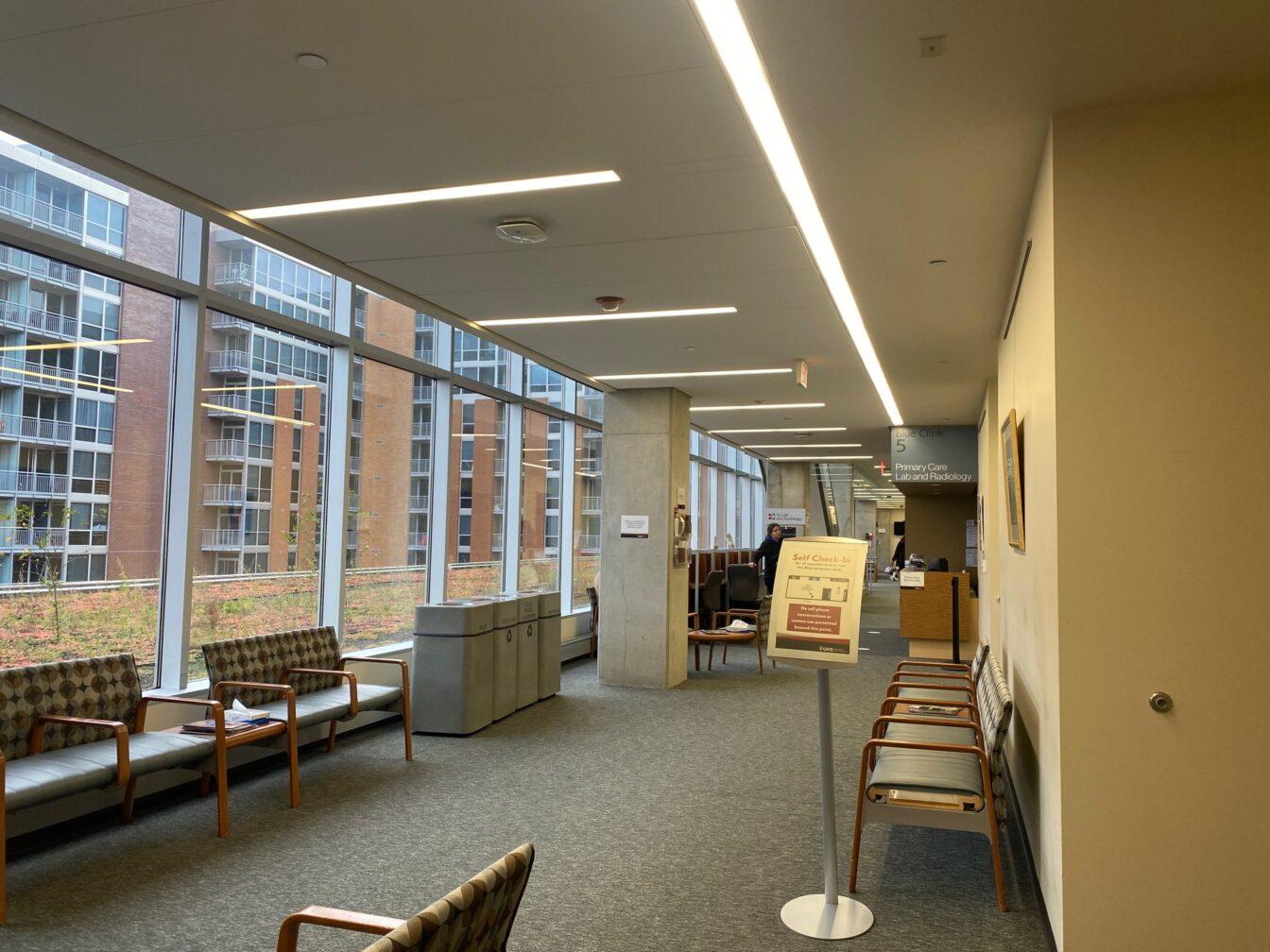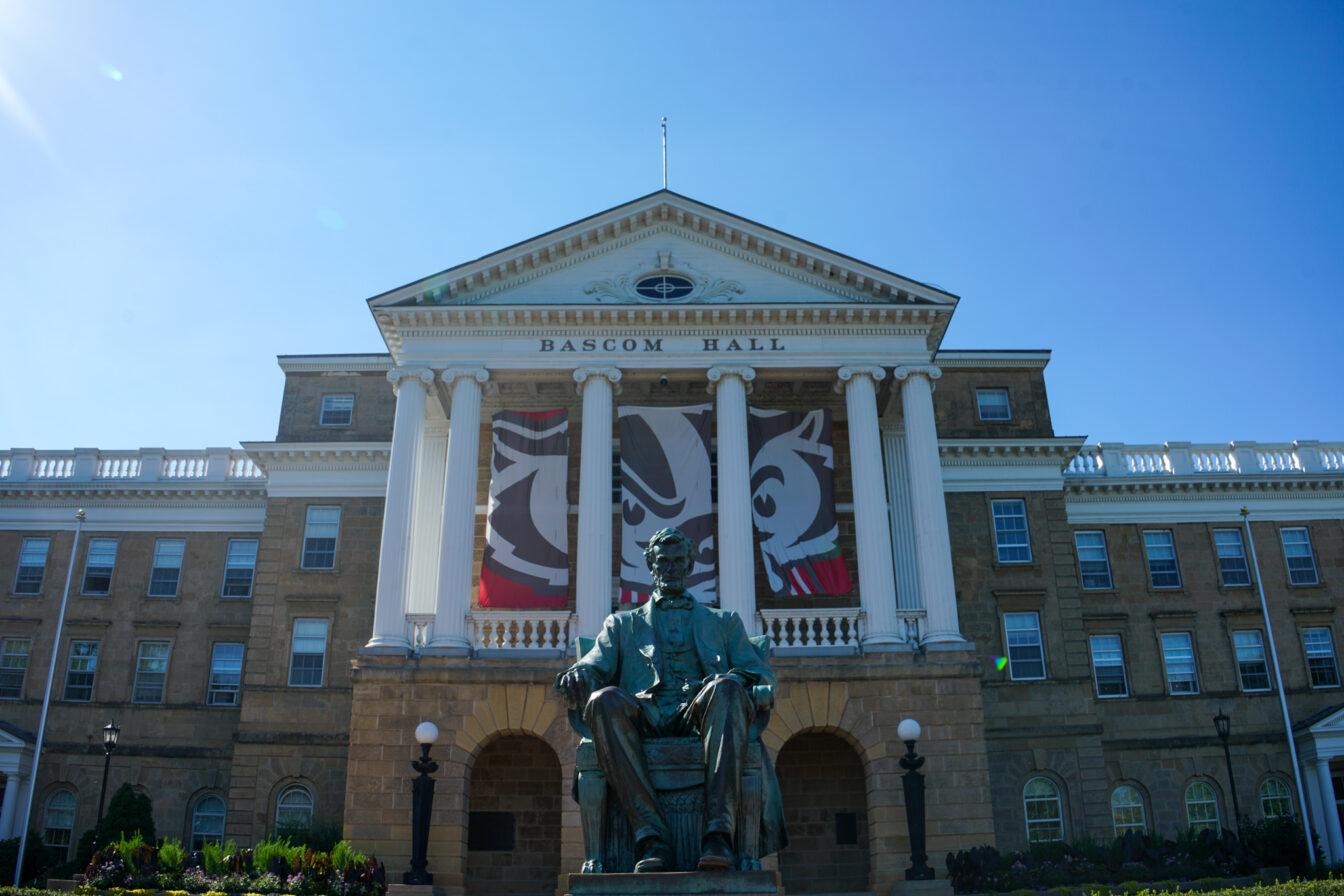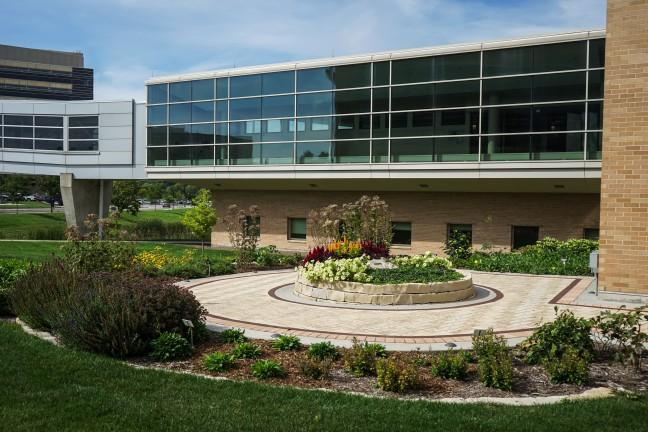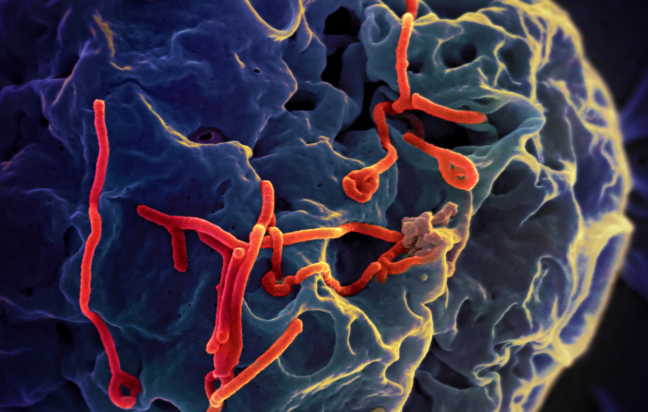A new University of Wisconsin analysis of hundreds of past research studies illustrates that gays, lesbians and bisexuals face a continuation of high assault victimization rates.
UW psychology and women’s studies professor Janet Hyde said the study found continuing and substantial rates of victimization among gays, lesbians and bisexuals.
“You would think there’s been lots of movement toward more equitable movement in gay rights, but it’s still there and quite powerful,” Hyde said.
The study found 28 percent of gays, lesbians and bisexuals had experienced physical assault because of their sexual minority status. Twenty-nine percent had been sexually assaulted, while 34 percent had been physically assaulted by family members.
According to the study, there were 9,961 reported victims of hate crimes in the United States in 2008, 17.6 percent of which were due to bias against a particular sexual orientation. The study added the statistics represent “only the tip of the iceberg,” because they count only incidents reported to law enforcement.
A national analysis of campus climate conducted by the National Gay and Lesbian Task Force also found 36 percent of LGBT undergraduate students experienced harassment within a year, the study reported.
Victimization can also create a threat to anybody who is a sexual minority, Hyde said, because they may think they could be the objects of such a crime.
Hyde said the study was based on 386 other studies to include a total of more than 500,000 participants from 1992 to the present day.
Co-author of the study and UW grad student Sabra Katz-Wise said in an email to The Badger Herald that sexual orientation-based victimization is an issue that affects everyone, because it reflects the climate and safety of society for LGBT Americans.
“In a way, this study can be affirming for many LGB people who have experienced victimization, in the sense that they are not alone,” Katz-Wise said in the email.
She added UW students and community members should know LGBT people are being victimized, and are being victimized more than heterosexuals. Steps also need to be taken to encourage people to report victimization, provide support for victims and provide negative consequences for perpetrators of victimization, she said.
“One of the most important things that this study highlights is that victimization of lesbian, gay and bisexual people is still happening, despite improvements in attitudes toward sexual minorities and increased legal rights and protections,” Katz-Wise said.
Hyde also said students have reported incidents in the dormitories and residence staff have responded to them, but more needs to be done to clarify that behavior is not accepted at UW.
She added universities should turn over alleged perpetrators of victimization to legal authorities, rather than handle the cases through a residential judicial process.
“I’m a believer in education, I think [we should] educate people about the idea that people in the United States have equal rights, that that’s an American ideal, and we shouldn’t be denying people particular rights because of things like their gender, sexual orientation and their race,” Hyde said.












